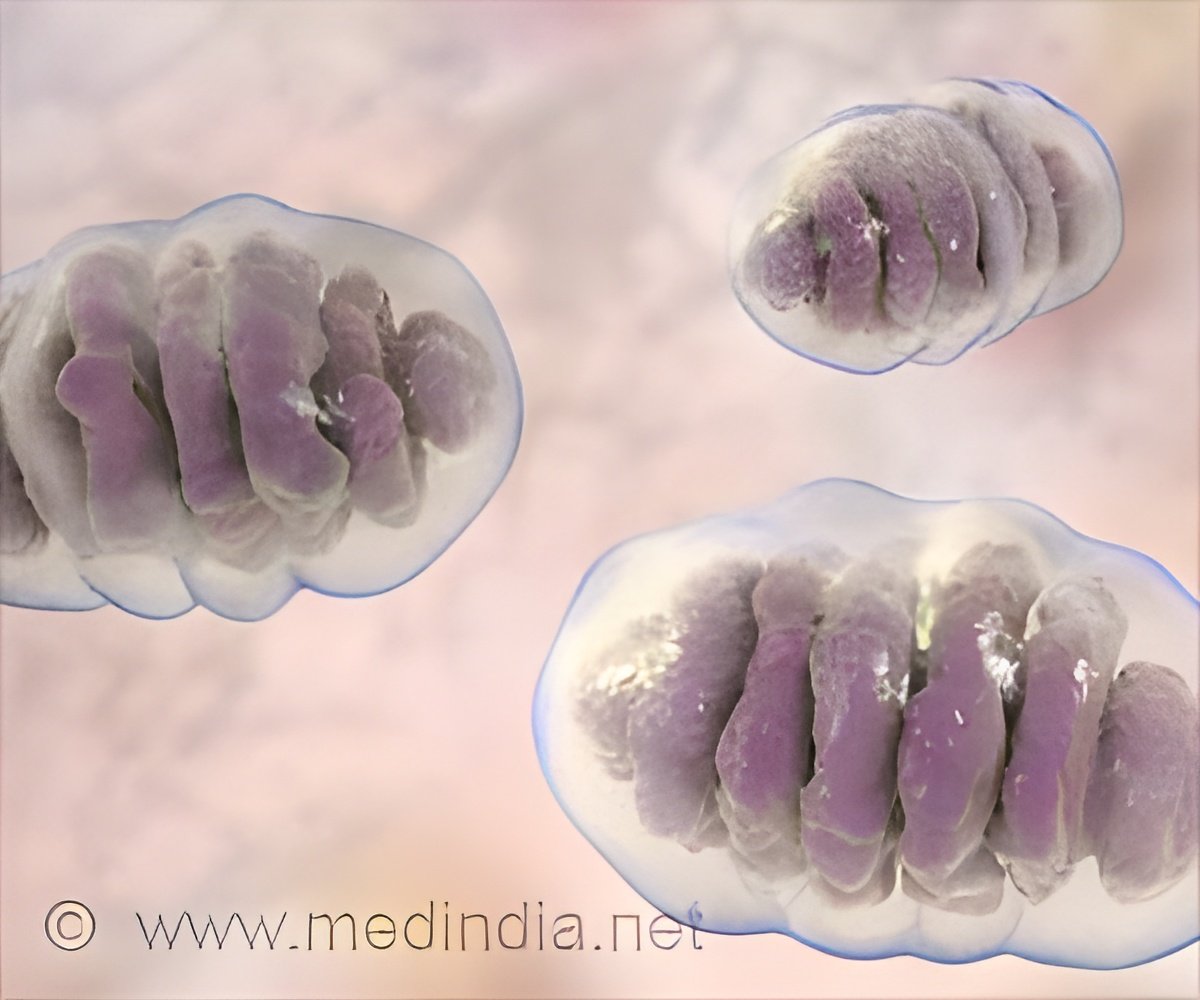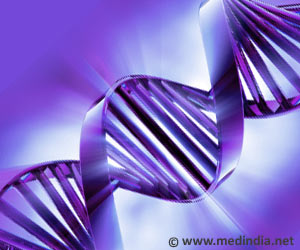Energy house of the cell inside brain cells uncovers a new recycling pathway that may help ward off Parkinson's disease.

‘Energy house of the cell – mitochondria inside brain cells uncovers a new recycling pathway that may help ward off Parkinson's disease. This may help target better therapeutics for the disease.
’





Any mutations in these proteins may thereby result in Parkinson’s disease (hereditary). Neurons have unusually high energy needs and their mitochondria are much more resistant to degradation by Parkin than those in other cell types. Mitochondrial Proteins
This nature of mitochondria and the role of PINK1 and Parkin in mitophagy in neurons are genetically explored by the study team.
“This work gives us unprecedented insight into mitochondria’s life cycle and how they are recycled by key proteins that, when mutated, cause Parkinson’s disease. It suggests that mitochondrial recycling is critical to maintaining healthy mitochondria, and disruptions to this process can contribute to neurodegeneration,” says Gladstone Associate Investigator Ken Nakamura, MD, Ph.D., senior author of the study.
The mechanism of mitophagy in the neurons was found to be similar to that in the other cell types. With the help of a high-resolution approach, the team was able to view the detailed process by which Parkin and PINK1 proteins affects mitochondrial degradation in Parkinson’s disease.
Advertisement
Parkinson’s and Energy Centres
Advertisement
“This appears to be a new mitochondrial quality control, recycling system. We think we’ve uncovered a pathway of mitochondrial recycling—which is like salvaging valuable furniture in a house before demolishing it,” says Huihui Li, Ph.D., a Gladstone postdoctoral scholar and co-first author of the new paper.
Parkinson's disease (PD) is a progressive neurodegenerative disorder that primarily affects movement due to loss of nerve cells – neurons that produce a chemical messenger (neurotransmitter) in the brain called dopamine (black substance).
It is known that these dopamine neurons are susceptible to mutations in PINK1 and Parkin. The study thereby demonstrates that this newly identified recycling pathway requires PINK1 and Parkin, and may be critical in protecting against neurodegeneration in Parkinson’s disease.
Source-Medindia








